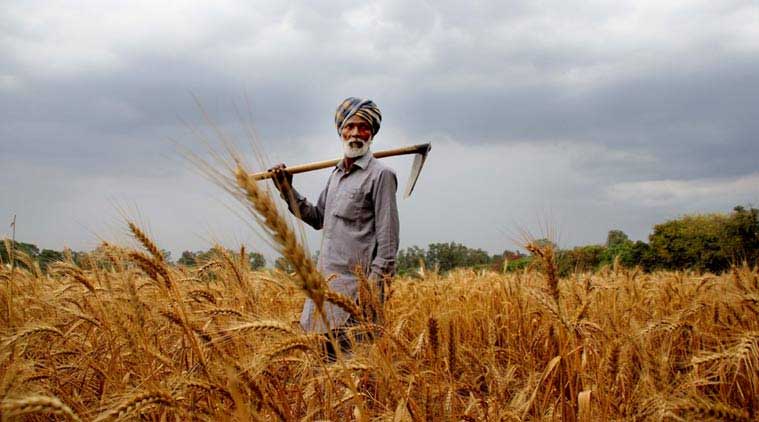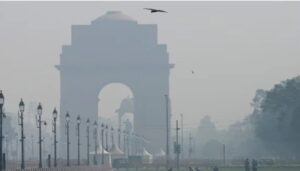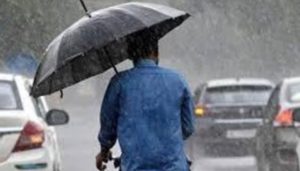Agricultural Emergency: Drought Poses Threat To Food Security In Indian States

Delhi, 27 July 2023: Parts of India’s eastern and southern regions are facing a potential drought this monsoon season, despite heavy rains in the northern and western parts of the country. As of July 26, the Indian Meteorological Department (IMD) reports that 32 per cent of the 717 tracked districts are experiencing deficient to large deficient rainfall.
States such as Jharkhand, Bihar, West Bengal, Kerala, Manipur, Mizoram, and Tripura are among the worst affected, grappling with rain deficits ranging from 21 to 47 per cent. This is a significant concern as these states are crucial for rice cultivation, and the monsoon season is essential for their paddy sowing.
The situation becomes even more alarming as water storage levels in reservoirs in these states are also lower than normal. Reports from the Central Water Commission indicate that the current year’s storage is less than the corresponding period of the last year and the ten-year average storage during the same period.
The impact on agriculture in these densely populated states could be disastrous, considering that farming heavily relies on the monsoon. Delayed and insufficient rainfall could lead to reduced growing time for the current paddy crop, increased input costs, and potential negative effects on crop quality. The delayed monsoon could also disrupt the Rabi crop cycle.
To mitigate the situation, the Agromet Advisory service by Dr. Rajendra Prasad Central Agricultural University has recommended that farmers with irrigation facilities and ready paddy seedlings should start plantations in lowlands, avoiding higher elevations. Additionally, they advise against planting after July 31, as the weather pattern may significantly affect crop yield.
While the situation seems bleak, there is some hope according to the IMD forecast. Certain regions, such as Bihar, Jharkhand, and Kerala, may experience above-normal rainfall in the coming weeks. However, the uncertainty remains, and the affected states are anxiously awaiting relief from nature to salvage their agricultural prospects for this season.








